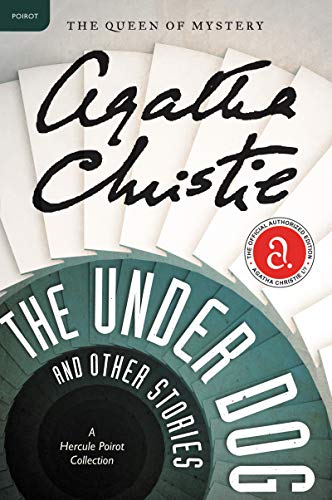
The Murder of Roger Ackroyd: A Hercule Poirot Mystery
Audio Cassette – Audiobook, June 6, 2001
Description
From Library Journal This novel, written in 1927, is considered the best and most successful of the early mysteries. It met with no small outrage when it appeared, as it uses a plot device many readers thought "unfair." There is a full complement of characters populating the cozy English village of King's Abbot: Major Blunt, Colonel Carter, Miss Gannett, the butler, the housekeeper, the narrator, Dr. Sheppard, and his know-it-all sister (the precursor of Miss Marple, according to Christie), and, of course, the redoubtable Hercule Poirot and his little grey cells. There are clues with a capital C to mislead us, and the listener gets so involved with these red herrings (or not) that the very simple truth eludes the puzzler. Venerable reader Robin Bailey keeps the light, almost comic tone alive, although his voices are not particularly differentiated, and often he rushes the reading of dialog. A classic of the genre and essential for any fiction collection. Harriet Edwards, East Meadow P.L., NY Copyright 2002 Cahners Business Information, Inc. From AudioFile Christie's classic detective story of the murder of the man who knew too much is read in a classic British style by the late Robin Bailey. Bailey portrays the storyteller, Dr. James Sheppard, stoically and his co-investigator and new neighbor, Hercule Poirot, diplomatically. Listeners will quickly be embroiled in Ralph Paton's story, Mrs. Ferrars's suicide, the Tunisian dagger, and Ursula's tale. Bailey adds to the intrigue by using various accents, variable pacing, and a distinctive lightness of tone and pitch to distinguish the numerous male and female characters. Christie's complex plot maintains suspense, and Bailey's performance will totally immerse listeners in the British country-house experience. S.C.A. © AudioFile 2001, Portland, Maine-- Copyright © AudioFile, Portland, Maine
Features & Highlights
- A murder in a small English village leads Hercule Poirot into a strange mystery involving a determined, curious spinster, the local doctor, and a wide range of suspects with possible motives and mysterious relationships.





